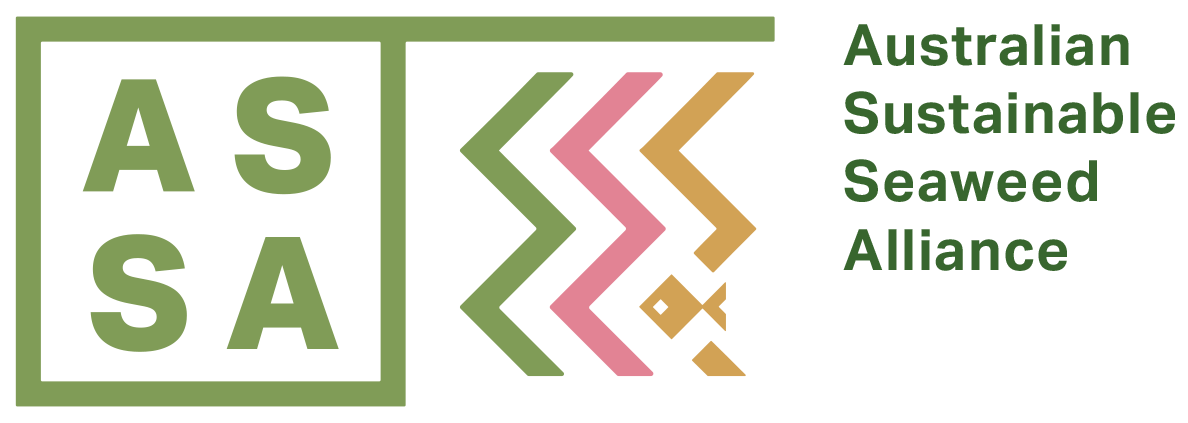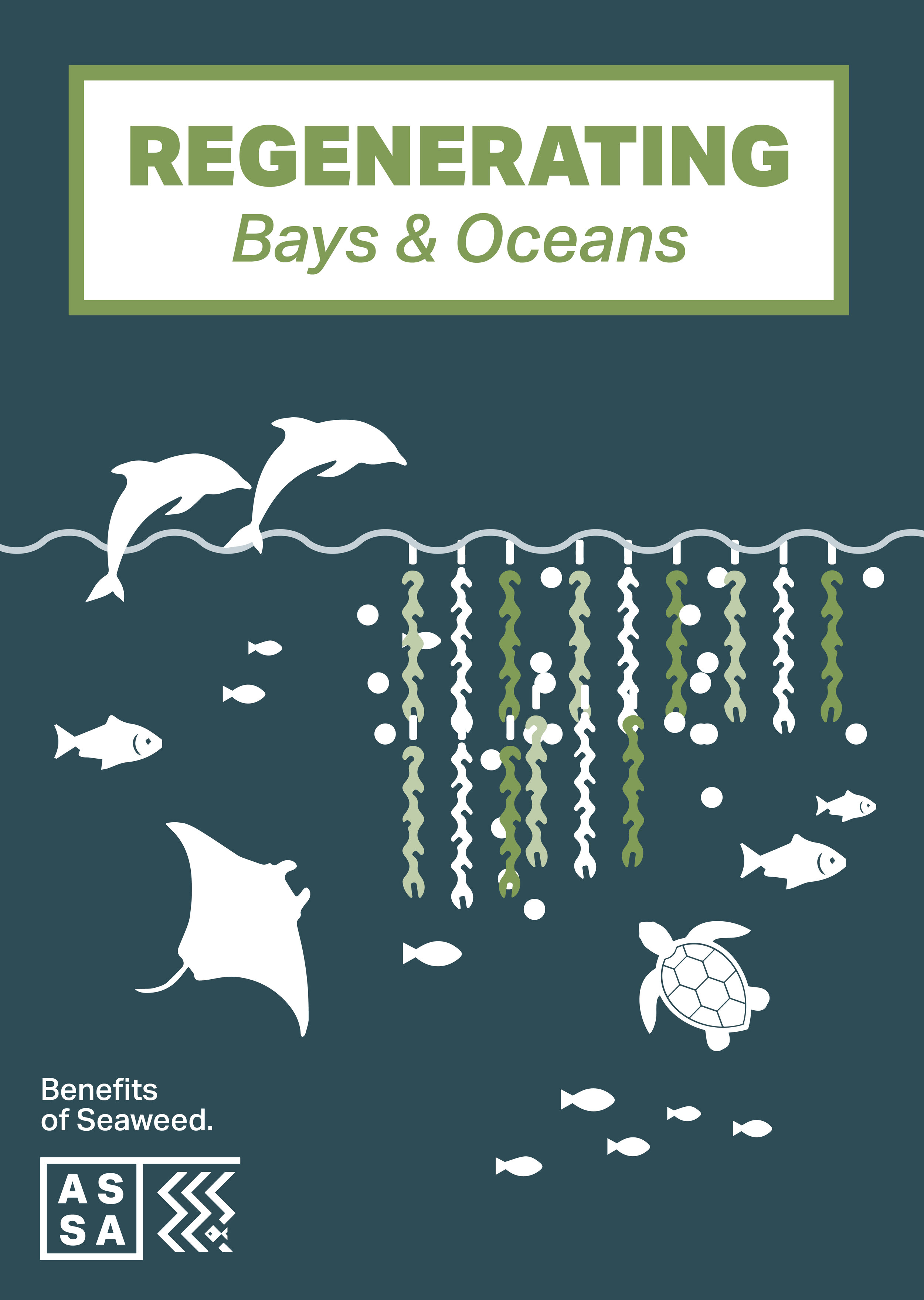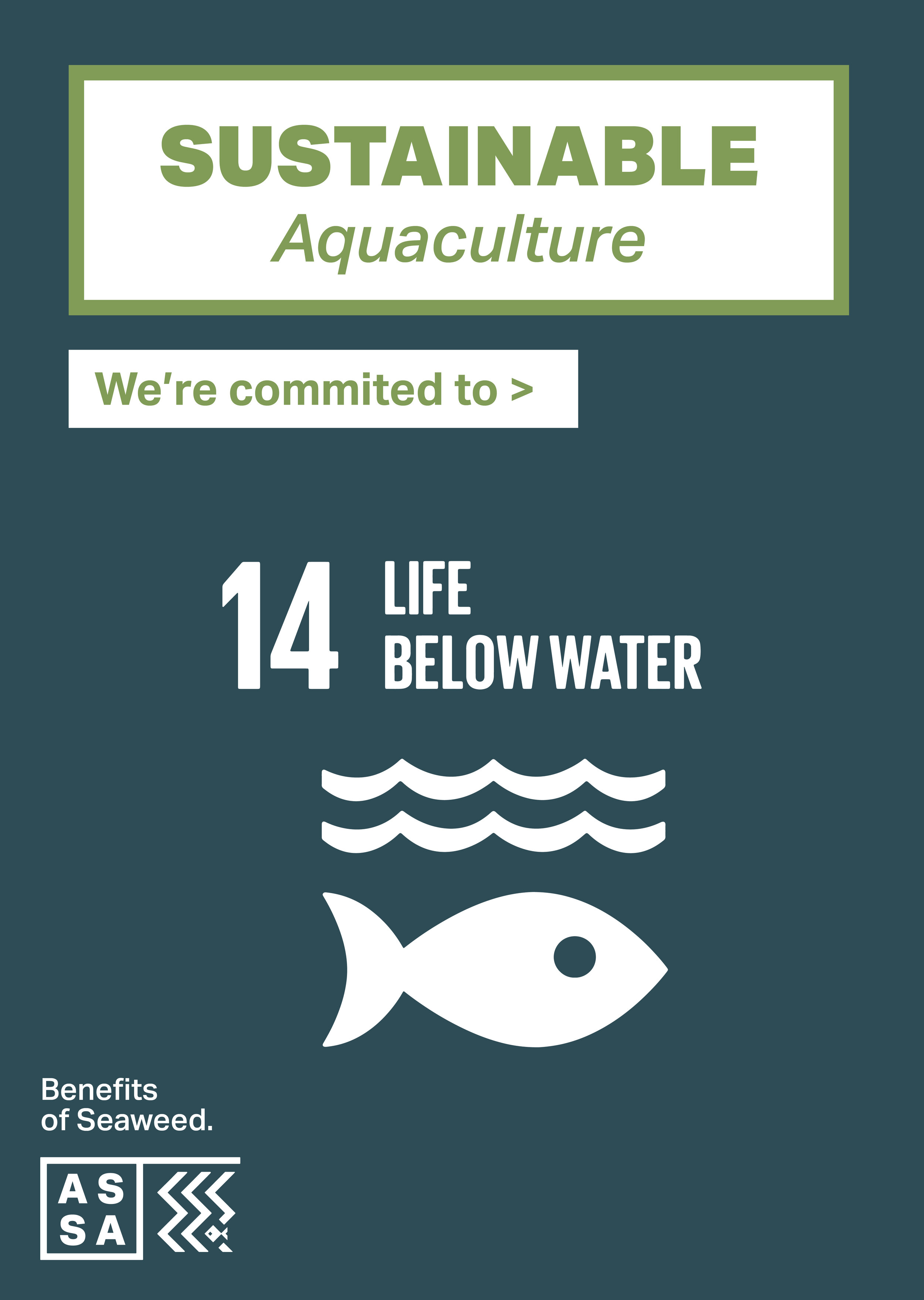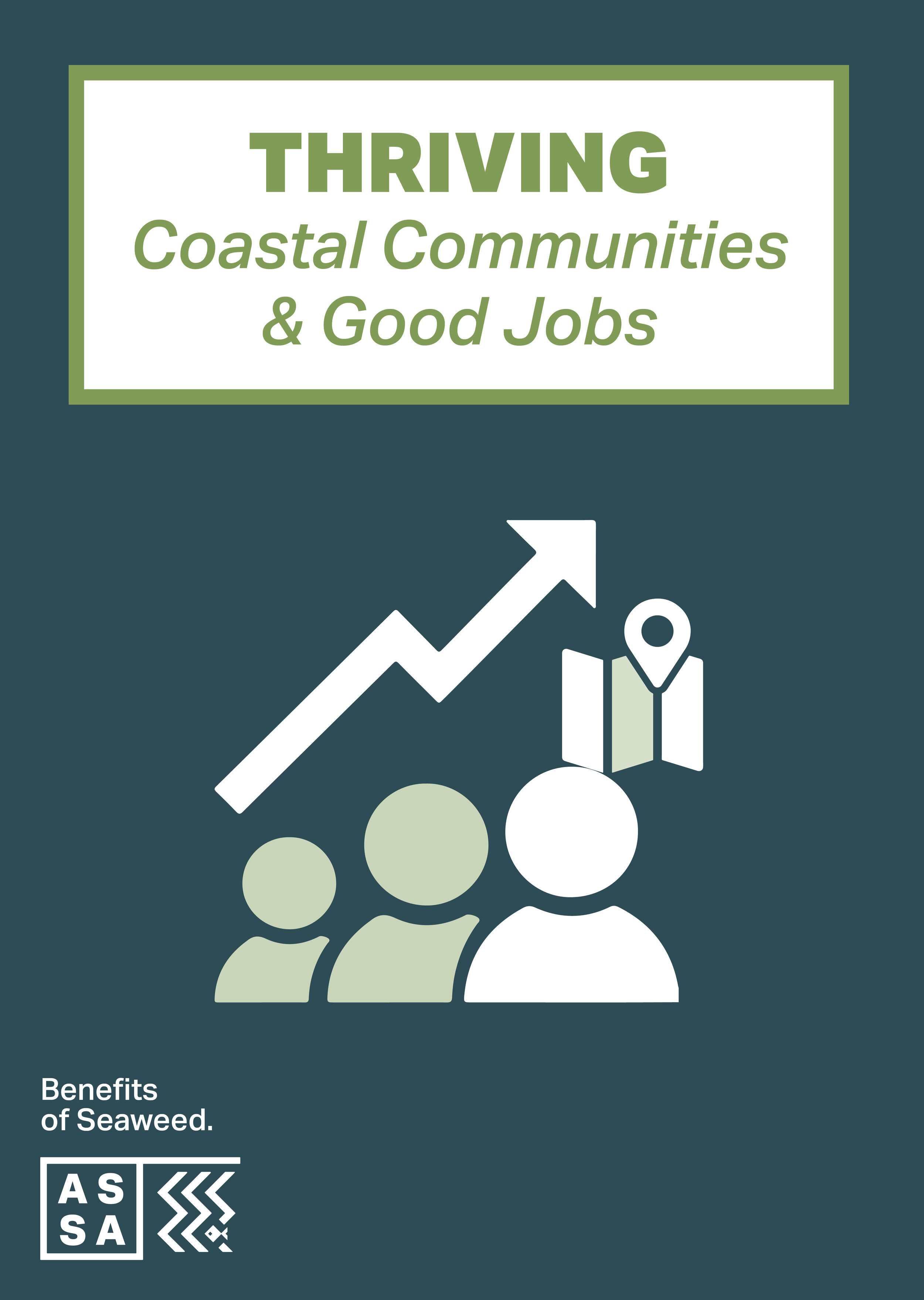
Seaweed Benefits
Seaweed is a global industry worth over US$11 billion and will double by 2025. The Australian coastline has ideal growing conditions for high-value native seaweeds, but there are no commercial ocean-based seaweed farming operations here… yet.
A flourishing seaweed industry offers Australia a sustainable, high-tech, high-value new economic opportunity.
By investing and fostering seaweed production, we have the opportunity to improve the health of our bays, oceans and reefs, provide jobs in regional coastal areas, produce high-value products for domestic and export markets, and even make significant progress on mitigating Australia’s carbon emissions. The development of a seaweed industry will also assist the achievement of the National Aquaculture Strategy’s target to increase the current value of Australia’s aquaculture industry to $2 billion by 2027.
Australia has the natural resources, skills, and environment needed to advance a seaweed industry that could be globally competitive within 20 years. New aquaculture and biotechnology ventures offer potential commercial financial returns and long-term value creation opportunities that can improve social, environmental and economic outcomes for Australia. It is with this strategic intent to create a sustainable new economy post-COVID that seaweed makes even more sense than ever before for a long-term sustainable food, aquaculture and biotechnology opportunity for Australia.
Regenerating Bays & Oceans
Seaweed has the power to clean up bays & oceans. Seaweeds are some of the fastest growing plants on the planet with the ability to absorb significant amounts of carbon dioxide, nitrogen and phosphorous. Left to build up in our bays and oceans, these elements can cause dead zones, acidification and toxic algae blooms.
Seaweed farms also provide habitat for marine life which is important for protecting and enhancing the value of our marine ecosystems and fisheries resources.
Sustainable Aquaculture.
Seaweed ocean farms require no addition of feed, freshwater or fertiliser and there is no waste from marine plants, making it the most sustainable form of agriculture on the planet.
We are committed to best practice environmental stewardship to provide ecosystem services that enhance environmental values and, in doing so, contribute to the UN’s Sustainable Development Goal 14 - Life Below Water.
Sustainable Food & Bio-innovation
Seaweed has many high-value end-uses for food, cosmetics, animal feed and other bioproducts. Seaweed has been eaten for centuries in many countries as it is a highly nutritious food source that is good for gut health. Seaweed is recognised as a superfood and researchers around the world are now looking at seaweed’s potential medical applications.
Seaweed is also being used to make innovative bio fabrics and bioplastics that can replace plastic and reduce ocean pollution. Certain types of seaweeds can be added to animal feed and have been shown to significantly reduce methane emissions when fed to cattle.
Thriving Coastal Communities & Good Jobs
A seaweed industry in Australia is a unique opportunity to leverage our existing capability & create new skilled jobs in marine science, aquaculture, biotechnology, manufacturing and maritime industries.
We want to help position Australia as a world leader in seaweed aquaculture, aquatech, and biotech innovation and create opportunities for more people to get involved in this sector.
An Industry of the Future
We are a business of the future – one that creates value for people and the planet beyond financial metrics.
We value natural capital, provide ecosystem services and high-value seaweed bio-products. We are embracing a truly sustainable business model to create an industry of the future.
This new aquaculture industry will play a key role in achieving the Federal Government’s agenda for growing Australia’s share of the global aquaculture industry.





